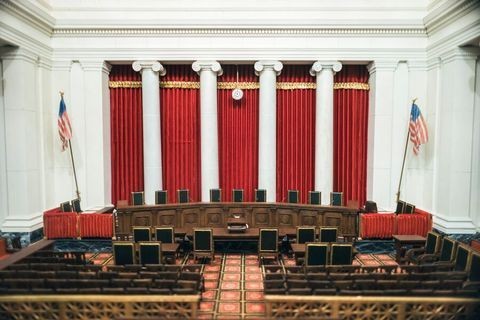Widening a Split, Sixth Circuit Says FCA Amendments Apply to Pending Cases, Not Claims
Client Alert | less than 1 min read | 11.06.12
When Congress amended the False Claims Act in 2009, it provided that the change broadening the liability provision for false statements should apply retroactively to all "claims" under the FCA that were pending on or after June 7, 2008. In U.S. ex rel. Sanders v. Allison Engine Co. (6th Cir. Nov. 2, 2012), the Sixth Circuit declined to follow the Ninth and Eleventh Circuits' holdings that this amendment applies only to requests or demands for money or property that were pending as of June 7, 2008, and, instead, followed the Second and Seventh in finding that this amendment applies to any "civil action or case" that was pending then.
Insights
Client Alert | 6 min read | 02.27.26
The U.S. Supreme Court’s February 20, 2026, opinion in Learning Resources. v. Trump (decided with Trump v. V.O.S. Selections), holding that the President lacks authority to impose tariffs under the International Emergency Economic Powers Act (IEEPA), is notable for many reasons — including its practical impact on the many U.S. companies who paid steep tariffs on global imports and may now be able to recover by filing suit before the Court of International Trade (CIT). That possibility and the key reasons for the High Court’s decision are discussed in our recent alert on this momentous decision.
Client Alert | 4 min read | 02.27.26
New Jersey Expands FLA Protections Effective July 2026: What Employers Need to Know
Client Alert | 3 min read | 02.26.26
Client Alert | 4 min read | 02.26.26


